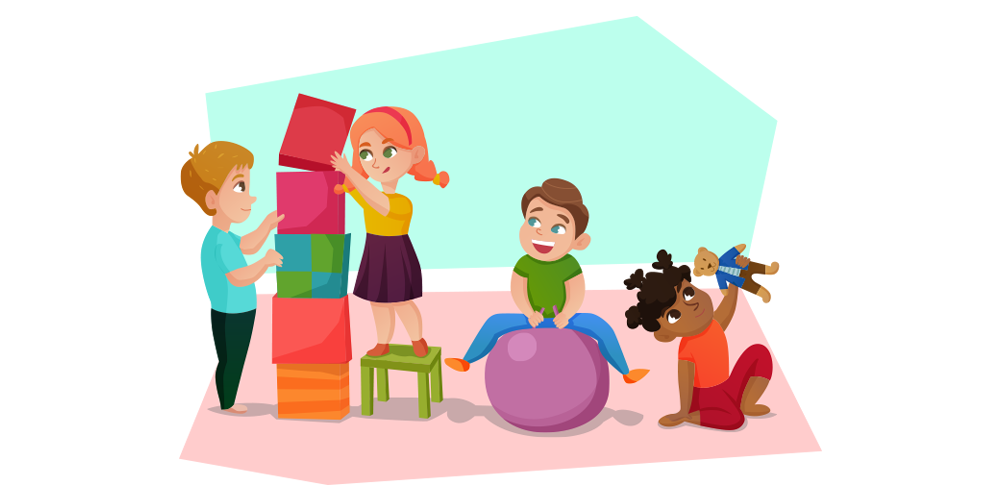
Socialisation is an important aspect during the development of a child.
From an early age, children initiate exploring the environment they live in and start to learn how to express themselves when it comes to communicating, building relationships, and interacting with others.
Such experiences influence their relations and interactions, ways of emotional recognition, and perceiving social rules.
Socialisation is understood to be an emergent process, it can however be nurtured as well as facilitated.
Particularly for parents and educators, creating such conditions, which promote social communication, is crucial to help children to have successful friends and be emotionally intelligent.
Let’s have a look at the points below to understand the ways children socialise with each other
Contents
Effective Ways to Encourage Socialization in Children
1. Making friends
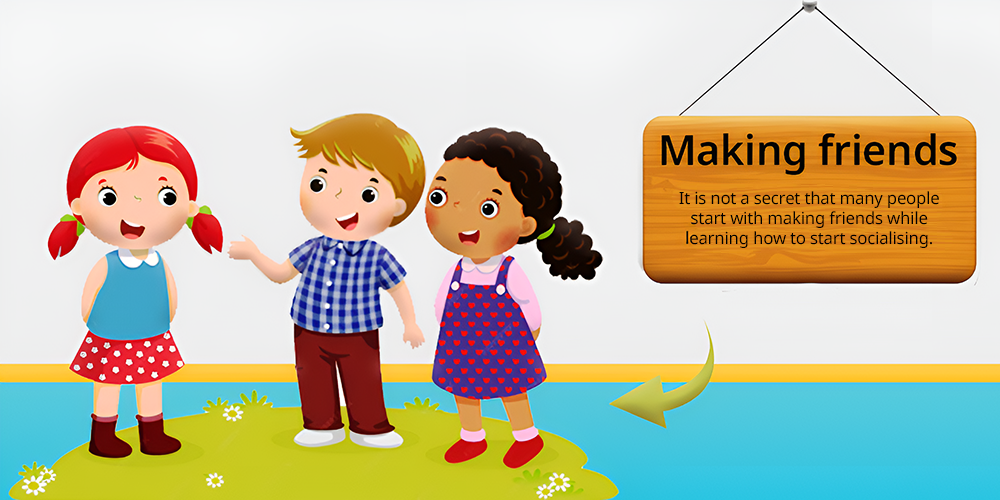
It is not a secret that many people start with making friends while learning how to start socialising. Get your child to play with other children through playdates, school, or other functions they may attend.
Make them understand when to say please, and thank you, how to share their toys or snacks, or to listen to someone out in the playpen.
Read this to know how to make friends at school
Altogether, these positive behaviours will enable them to accumulate sets of qualities that will enable them to build long-lasting friendships.
Consequently, it is also equally useful for social skills in that you can introduce your child to friends and explain or emulate the importance of civility and respect for others.
2. Follow Their Interests
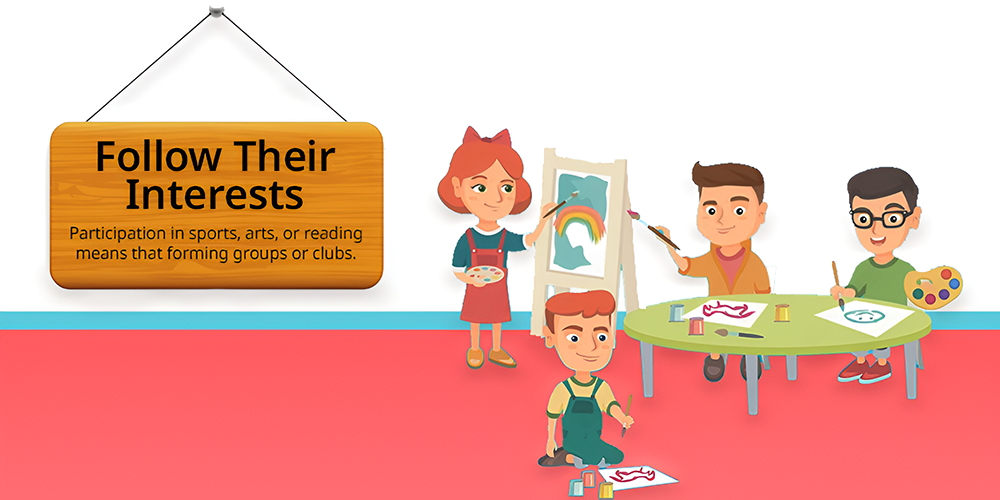
If there is one thing that will guarantee active socialising for kids it is to go alongside their preferences.
Participation in sports, arts, or reading means that forming groups or clubs in which students can be grouped will present more social contacts.
Engaging in such feelings children are very confident, and they can easily relate or connect with people with the same passion as that of a child.
3. Communicating
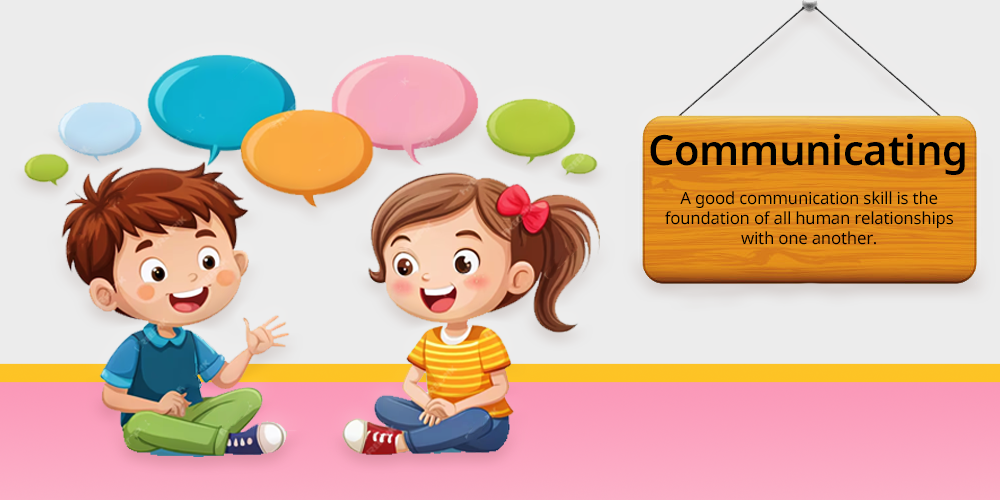
A good communication skill is the foundation of all human relationships with one another.
Show your son or daughter ways how to articulate themselves when it comes to describing feelings, explaining something, or requesting something, including the issues of manners and respect.
Such skills can be best rehearsed in the form of dramatisation of different social settings.
It means that, through richer communicative skills and enhanced relationship experiences, children will be able to be more articulate.
Read, What is SEL? An Insight into Social-Emotional Learning to know the importance of certain skills.
4. Sharing

This section takes a look at a basic socialisation concept, sharing, and some young children find it very hard to learn it.
Emphasise such basic social skills as rotational bidding, at least for playing with others and using toys or anything else in turns with friends.
Explain that sharing builds trust and cooperation, which are vital for positive relationships. Recreation could also be a way of teaching the concept of sharing including in group games or group projects and assignments.
4. Teach Empathy
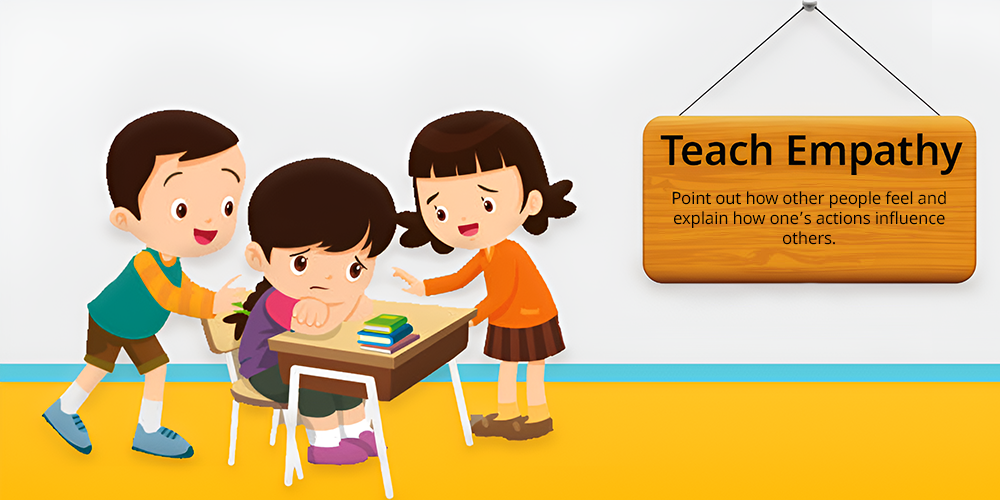
This section focuses on empathy as one of the most important elements when two individuals interact.
Here are tips on how to teach empathy to your child: point out how other people feel and explain how one’s actions influence others.
When making an effort to teach them to be kind and encouraging them to do so, it comes out as better empathy as they become more aware of people’s needs or how they feel.
Also, check this Homeschooling and Socialization: How to Keep Your Child Connected to understand how you socialisation works in in online schooling format
5. Playing
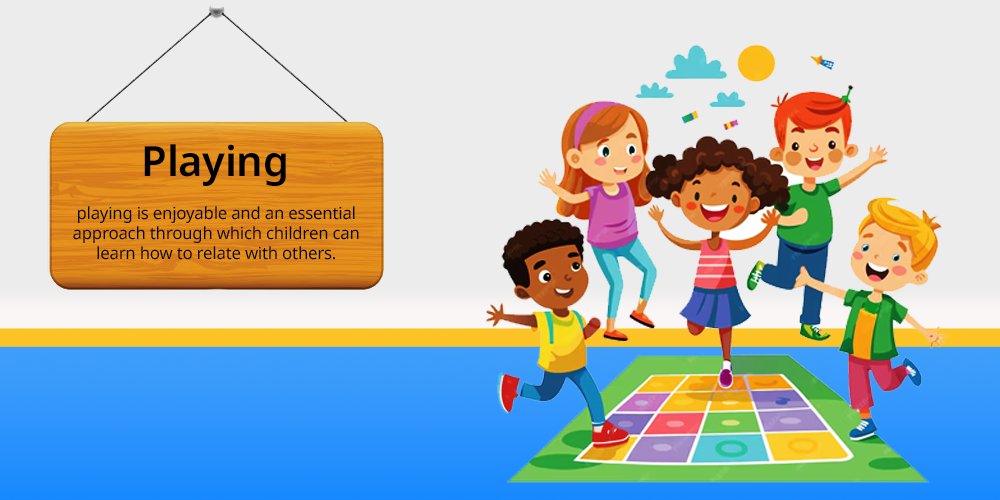
We do know that playing is enjoyable and an essential approach through which children can learn how to relate with others.
Children learn cooperation, compromise, and perseverance in a game or at free-choice play sessions.
It can help the children to know about other social roles for interaction and makes it easier for them to relate to other individuals in the group.
Plan group playtime or suggest your kid join a team sport to provide opportunities for social engagement.
Conclusion
In summary, promoting children’s social interactions is crucial for healthy child development, specifically their emotional and social development.
In essence, by helping them make friends, communicate effectively with their friends, and learn about empathy, we ensure that we have created a positive touch base for smooth interaction.
In a nutshell, these social skills are fundamental for children as they interact with others now or in the future, fostering confidence and relationships in all aspects of life.
